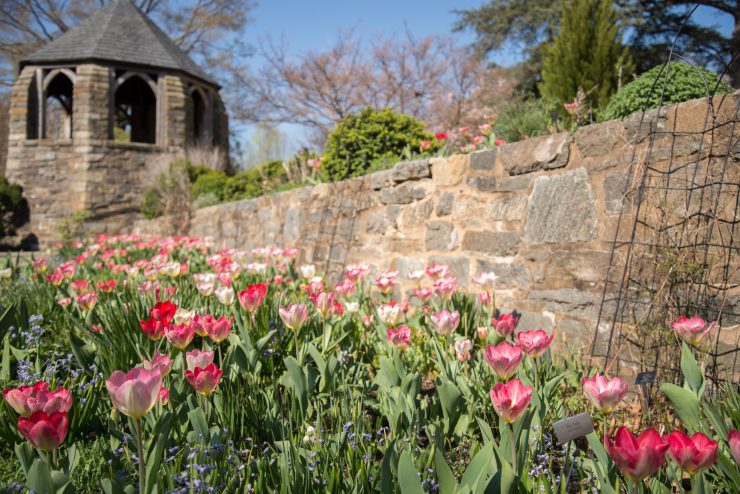The Rev. Canon Kelly Brown Douglas

John 7:37-52
On the last day of the festival, the great day, while Jesus was standing there, he cried out, “Let anyone who is thirsty come to me, and let the one who believes in me drink. As the scripture has said, ‘Out of the believer’s heart shall flow rivers of living water.’” Now he said this about the Spirit, which believers in him were to receive; for as yet there was no Spirit, because Jesus was not yet glorified.
When they heard these words, some in the crowd said, “This is really the prophet.” Others said, “This is the Messiah.” But some asked, “Surely the Messiah does not come from Galilee, does he? Has not the scripture said that the Messiah is descended from David and comes from Bethlehem, the village where David lived?” So there was a division in the crowd because of him. Some of them wanted to arrest him, but no one laid hands on him.
Then the temple police went back to the chief priests and Pharisees, who asked them, “Why did you not arrest him?” The police answered, “Never has anyone spoken like this!” Then the Pharisees replied, “Surely you have not been deceived too, have you? Has any one of the authorities or of the Pharisees believed in him? But this crowd, which does not know the law—they are accursed.” Nicodemus, who had gone to Jesus before, and who was one of them, asked, “Our law does not judge people without first giving them a hearing to find out what they are doing, does it?” They replied, “Surely you are not also from Galilee, are you? Search and you will see that no prophet is to arise from Galilee.”
It was the last day of Feast of the Booths (Sukkot). This was a festival when all Israelite males were expected to make a pilgrimage to Jerusalem with an offering from their fields in thanksgiving to God for providing such bounty. Rich with symbolism, it commemorates God’s provision for the Israelites during their 40 years of wandering in the wilderness, in which God dwelled with them even as they lived in booths.
Central to this festival is a daily ritual of water that climaxes on the last day, signaling God’s blessings being poured out over the earth. And so, it was no small act for Jesus to stand up on that last day to declare that he was the living water. In making this declaration, Jesus was proclaiming himself the Messiah, the one from whom the waters to redeem the world flowed. Needless to say, his declaration created an uproar, leading people to argue, once again, over whether he actually was the Messiah.
But in truth, as their argument revealed—they missed the real point of Jesus’ declaration. For the true shocker of Jesus’ words is the pronouncement: “Whoever believes in Me, out of his heart will flow rivers of living water.”
Here is the point: Belief in Jesus as the Messiah is not about vociferously defending that claim against all others. Such is the seed of divisions and hostilities—and not the way of faith. The belief into which Jesus invites us is one in which we allow the water that Jesus offers us to flow though us so that we become at least a stream of living water to others; that is, a stream of change from hateful and unjust divisiveness to loving and just community.
Simply put, Jesus invites those who truly thirst for a change from the way things are, to drink from the waters that he is offering and, in doing so, to be the change that we hope to see. This is what is faith is about—partnering with God to change the world. This is our Lenten invitation.
Faithfully,
Kelly+
May we, O God, heed your invitation to drink from the Living Water of faith you so graciously offer, and be in the world the Living Water that is your way of a loving and just community. In Jesus name we pray.